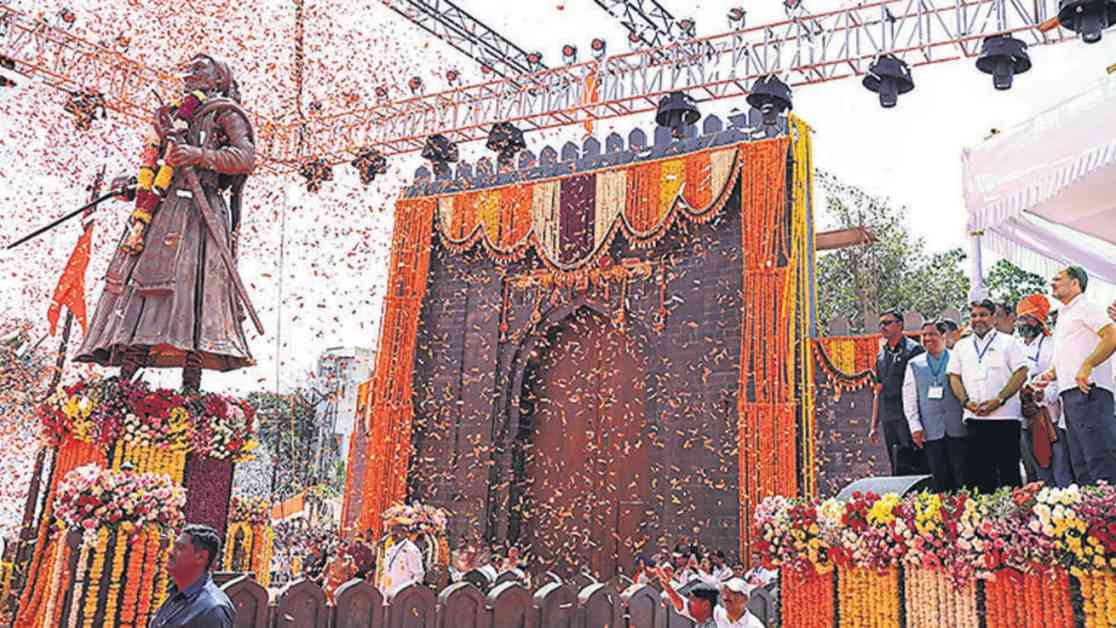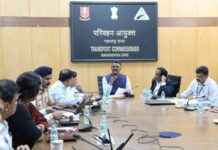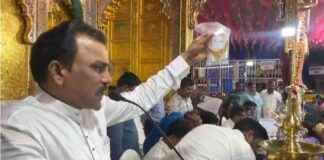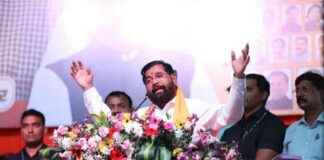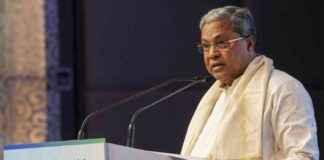Rahul Gandhi, the leader of the opposition in the Lok Sabha and a prominent member of the Congress party, recently made some critical comments regarding the tribute paid to Chhatrapati Shivaji Maharaj in Kolhapur. Speaking at the ‘Samvidhan Samman Sammelan’, Gandhi emphasized the importance of upholding the Constitution, which he described as a symbol of Shivaji Maharaj’s ideas.
Gandhi highlighted the two contrasting ideologies prevalent in the country – one that seeks to protect the Constitution and promote equality and unity, which he associated with Shivaji Maharaj, and the other that aims to destroy the Constitution. He criticized those who resort to attacking institutions, spreading fear, and threatening people while simultaneously paying respects to Shivaji’s statue. Gandhi’s remarks were perceived as a veiled criticism of Prime Minister Narendra Modi, who had recently apologized for the collapse of Shivaji Maharaj’s statue in Malvan.
The Congress leader also reiterated his party’s commitment to removing the 50% cap on reservations if they come to power. He stressed the importance of teaching the history of Dalits and Other Backward Classes (OBCs) in schools, expressing concern over the erasure of their experiences from educational curricula.
Additionally, Gandhi addressed the need for a caste-based census, arguing that such data is essential for understanding the socioeconomic status and representation of different communities in the country. He pointed out the lack of diversity in the top decision-making positions, with a disproportionate number of officers from marginalized communities.
Gandhi’s visit to Kolhapur is part of his ongoing efforts to engage with voters ahead of the upcoming assembly elections in November. This marks his second visit to western Maharashtra within a month, indicating the significance of the region in the political landscape.
The issues raised by Gandhi regarding the protection of the Constitution, reservation policies, and the inclusion of marginalized histories in educational curricula resonate with the broader discourse on social justice and equality in India. By highlighting these concerns, Gandhi seeks to mobilize support for his party and the Indian National Developmental Inclusive Alliance (INDIA) by appealing to voters who prioritize inclusive policies and equitable representation.
As the political climate intensifies in the lead-up to the elections, Gandhi’s statements reflect the growing importance of addressing historical injustices, ensuring representation for marginalized communities, and safeguarding the principles enshrined in the Constitution. His advocacy for a more inclusive and equitable society underscores the need for continued dialogue and action on issues of social justice and representation in India’s political landscape.
